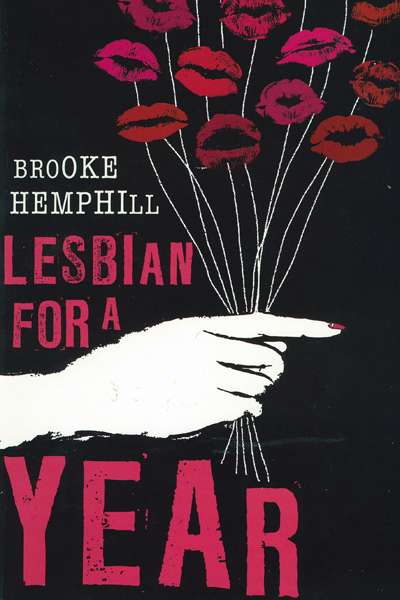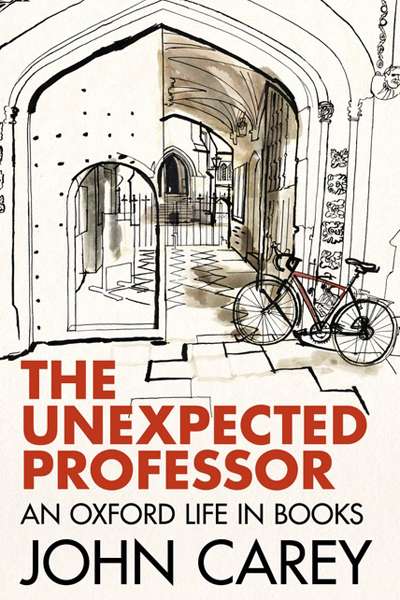Memoir
What this is not, as Kim Williams is quick to tell us (introduction, paragraph two), is a dog-bites-Murdoch account of that nasty business in August 2013 that saw Williams summarily ousted as chief executive of News Corp Australia. Other disgruntled former Ruprechtian courtiers such as former editor-in-chief of The Herald Sun Bruce Guthrie, who sought and won legal redress and indeed wrote an account of his experiences (actually called Man Bites Murdoch), have told their stories, and told them well. But this is not the path of the enigmatic and enlightened Kim. Instead, as he says, this is a book about ‘one of the most precious things in life that drives most of us … our passions’.
... (read more)I am a ‘Sputnik’, born in the year the Soviet satellite launched the Cold War into space. The launching by the Russians of the first artificial Earth satellite on 4 October 1957 seemed to many in the West a threatening symbol of escalating superpower rivalry. And it did unleash extreme military anxiety and triggered what became known as the Space Race. Twelve years later, in the mid-winter of 1969, I remember waking up just before midnight to watch on television as a Saturn V US rocket, wreathed in smoke and flame, inched its way off the ground at Cape Canaveral. It powered mightily against the pull of gravity and triumphed. It was beginning its journey out of Earth’s atmosphere towards the Moon.
... (read more)There is a built-in paradox for the Greens: they need to both persuade people that we face major ecological disasters and at the same time hold out hope that we can respond meaningfully to them. To do this requires the sort of corny and touching optimism that gives Bob Brown’s book its title.
Optimism is neither a conventional memoir nor a political autobiography; it is rather a collection of sketches from the life of a man who will be remembered as one of the pivotal figures of Australian politics in the two decades that straddle the new millennium. The style is largely prosaic, excepting moments of real feeling when Brown describes the Tasmanian wilderness and his relationship to it.
... (read more)Brooke Hemphill knows hers was not meant to be an ordinary existence, yet by her early twenties she is engaged and planning the perfect wedding – with the wrong guy. She breaks it off and moves in with a married man. He, too, is wrong for her. She works on an island resort and falls for another, but he takes off for Europe. She travels to the United States and works on a cruise ship. Life is a continual bender of booze and drugs, until she falls pregnant and returns to Melbourne.
... (read more)The brain, notes philosopher Paul Churchland, is the engine of reason and the seat of the soul. David Roland’s memoir of stroke and its aftermath presents a vivid picture of engine failure and a soul unseated. His book lays bare the disorienting realities of brain injury and his gradual but faltering steps towards recovery. In time he adjusts to having a somewhat less powerful cognitive engine and achieves a more well-upholstered sense of self.
... (read more)Acute Misfortune: The life and death of Adam Cullen by Erik Jensen
Erik Jensen, a young journalist who now edits the Saturday Paper, has written an unusual memoir of his four years shadowing an artist – a difficult artist, it must be said (putting it euphemistically). Any new memoirist like Jensen will be interrogated umpteen times about his motivation. Such is the fascination with biography – fascination mixed with ambivalence – he will be asked about catharsis, whether the exercise was improving, enlightening, transmogrifying. In Tardises and tents the memoirist will become adept at distilling his intentions, whether they be financial or fraternal, vengeful or venerative. In Jensen’s case, this curiosity is likely to be magnified because of his intimacy with his subject and the marked decadence of the setting. This biographer’s rationale is as intriguing as that of his beleaguered subject.
... (read more)A Woman of Influence: Science, men and history by Ann Moyal
Ann Moyal was born in 1926, so now she is heading towards her ninetieth birthday. She has already launched a work of autobiography into the world, written in her mid-sixties. But her life did not, then, ‘take a quieter turn’. On the contrary, she tells us, ‘I’d continued to spend my ageing life with passion, involvement, and intensity.’
... (read more)To take to the road on a bike, especially if you are a solo female cyclist, is to make yourself vulnerable, submitting yourself to hours of muscle-taxing solitude and reliance on the kindness of strangers. But while slower and physically more arduous than other modes of transport, cycling brings you closer to your surroundings. It offers different perspectives and unexpected insights.
ABC Classic FM breakfast presenter Emma Ayres’s Cadence recounts her ride on a Cannondale named Vita from Shrewsbury to Hong Kong with her violin (Aurelia) strapped to her back. Part memoir, part travel writing, Cadence is more than an account of an intercontinental cycling voyage. It is a coming-of-age story that turns on the trope of ‘[c]adence in music, cadence in cycling, cadence in speech’, narrating Ayres’s evolution as a professional musician, a serious amateur cyclist, and a radio broadcaster.
... (read more)In My Mother's Hands: A disturbing memoir of family life by Biff Ward
For anyone who has ever complained about a difficult mother, or written a memoir about one, this is a humbling book. How trivial, by comparison, our complaints seem. The subtitle promises (or threatens) a disturbing memoir, and so it is. I found it difficult to get out of my head days after reading it.
... (read more)The Unexpected Professor: An Oxford life in books by John Carey
John Carey’s The Unexpected Professor: An Oxford Life in Books has three intertwined components: autobiographical memories from Carey, a prolific author and book reviewer and former Merton Professor of English Literature at Oxford; his six-decade interaction with that university; and ‘English literature and me, how we met, how we got on, what came of it’. The book is also a microcosm of twentieth- century Britain and its educational, intellectual, and class systems. Carey, born in 1934 into a far from wealthy family, benefited from the grammar school system that enabled him to win a scholarship to St John’s College, Oxford, where he gained a congratulatory first in English.
... (read more)







